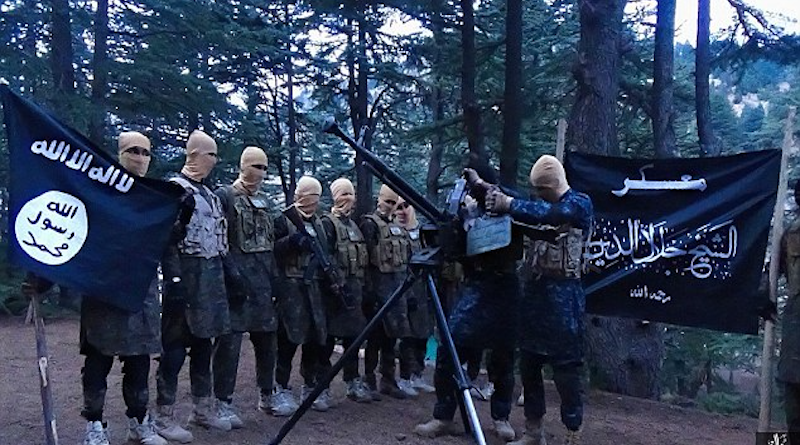ISKP And Afghan Taliban – OpEd
By Asad Ali
The Islamic State Khorasan Province (ISKP) is considered a threat to Afghan Taliban and their governance in Afghanistan. ISKP is an affiliate of the Islamic State (ISIS) that primarily operates in the Afghanistan-Pakistan region. Its presence and activities posed several challenges to Afghan Taliban. The Afghan Taliban and ISKP have different ideological and strategic goals. While the Taliban seeks to establish an Islamic Emirate in Afghanistan and has primarily focused on Afghanistan, ISKP aims to establish a global caliphate and has a more expansionist agenda. This ideological difference led to conflicts and competition for influence in the region.
The ISKP and Taliban have at times fought for control of territory and resources, particularly in eastern Afghanistan. This competition has resulted in clashes and violence between the two groups, leading to instability in certain areas. ISKP has attempted to recruit disaffected Taliban members, exploiting internal divisions and grievances within the Taliban’s ranks. Some Taliban fighters and leaders have defected to ISKP, which further weakened the Taliban and created internal rifts. ISKP is known for carrying out brutal attacks against civilians, including ethnic and religious minorities, which has further alienated local populations and created challenges for the Taliban in terms of governing and maintaining order.
The presence of ISKP in Afghanistan has drawn the attention of the international community, leading to increased pressure on the Afghan Taliban to combat the group. The Taliban faced the challenge of demonstrating their ability to provide stability and security in the country. The withdrawal of US and NATO forces, the collapse of Afghan government, and the Taliban’s takeover of Kabul in August 2021 have likely had significant implications for the dynamics between the Taliban and ISKP.
Likewise, the ISKP has been responsible for numerous attacks in Afghanistan in the past, often targeting civilians, security forces, religious minorities, and government institutions. Their attacks have included suicide bombings, assassinations, and other forms of violence intended to sow fear and instability. Given the evolving situation in Afghanistan, it is becoming difficult for Afghan Taliban to tackle the threats, emanating from ISKP. They need to establish and corporate with regional and international community to eradicate the threat of ISKP and other non-state actors as well.
The Afghan Taliban’s ability to effectively combat ISKP without international assistance can be a challenging task. The Taliban, while a significant military and political force in Afghanistan, may not have the resources and capacity to fully counter ISKP on their own. ISKP has shown resilience and adaptability, and it has access to external sources of funding and recruitment networks. As mentioned earlier, the Taliban and ISKP have different ideological goals and tactics. This makes cooperation between the two groups unlikely and can lead to continued conflict and competition. The international community, including the US and its allies, has a vested interest in countering ISKP due to its global terrorist ambitions. These countries may provide intelligence, logistical support, and even airstrikes to target ISKP militants.
Afghanistan’s neighbors, particularly Pakistan and Iran, also have an interest in countering ISKP to prevent instability from spilling over into their territories. They may play a role in addressing the ISKP threat. In this regard, Pakistan and Iran both have been working and offering their full support to Afghan government. It is up to the Afghan government now how they take this offer. Effective counterterrorism efforts often require intelligence sharing and coordination among various security agencies, both domestically and internationally. The Afghan Taliban may need assistance in building these capabilities.
While international assistance can be crucial in combating ISKP and other extremist groups, the extent and nature of this assistance will depend on the geopolitical context and the policies of the countries involved. Additionally, the willingness of the Afghan Taliban to accept such assistance and cooperate with external actors will also be a significant factor in any efforts to combat ISKP. The situation in Afghanistan is highly fluid, and the dynamics between the Afghan Taliban, ISKP, and international actors are subject to change. Therefore, recent developments in Afghanistan are critical and cannot be ignored. If Taliban in Afghanistan failed to cooperate with global community, ISKP and other terrorist groups may create serious security concerns and threats for entire region.

